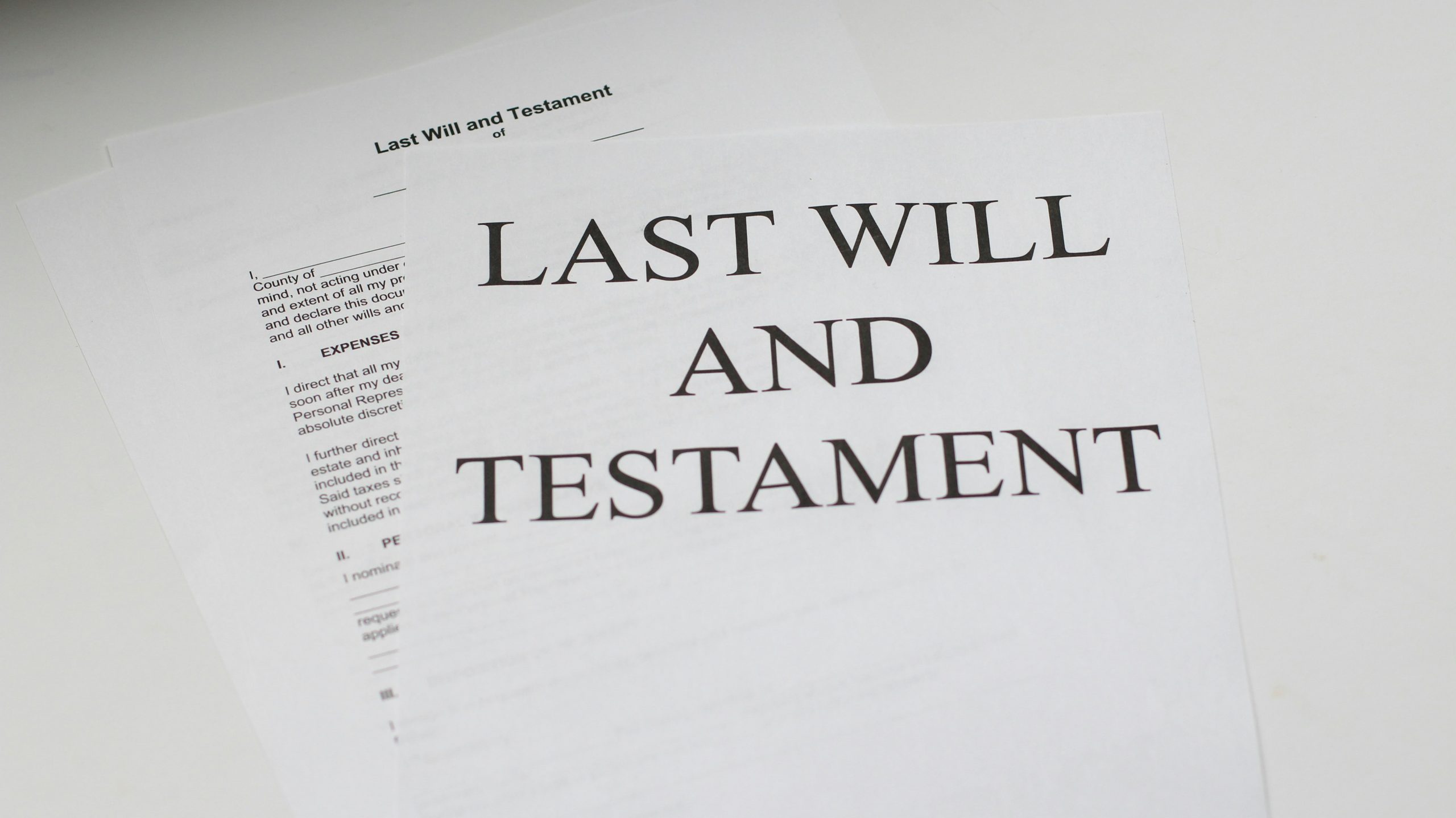Have you been left out of a will?
If you been left out of a Will of someone close to you or if you believe they haven’t made adequate provision for you, you may be eligible to contest their Will and make what is called a Family
Provision claim.
When a person makes a Will, they have the freedom to choose who gets what and how they may be provided for. Presuming that their Will meets all of the legal requirements to be a valid Will then this becomes the legal document that determines how their assets are divided up upon their death.
Losing a loved one is a very emotional time and being excluded or inadequately provided for in their Will can add significantly to this grief. Unfortunately, where a Will is legally valid your only recourse may be to contest the Will under the Family Provision legislation on the basis that you have not been adequately provided for.
If you have found yourself in this situation, we have set out the steps involved and the process that you might expect when making a Family Provision claim.
When can I make a Family Provision Claim?
If you think you have been left out of a Will or unfairly provided for, we urge you to seek advice from one of our lawyers as soon as possible. This is because there are strict time limitation periods for making an application for Family Provision.
- For ACT estates the timeframe is within 6 months of the date that Probate or Administration is granted by the Supreme Court; and
- For NSW estates the timeframe is within 12 months of the date of death.
It is important that you begin the process of making a claim within the relevant timeframe. However, if you have found yourself close to or outside of the relevant time limitation period, it may still be possible to make a Family Provision claim but you should seek advice urgently.
Seeking advice early is also crucial as it is possible that estate assets may be sold or transferred making it more difficult to then make a claim against those assets.
Who is eligible to make a claim?
In order to make a Family Provision claim you must be considered an eligible person under the legislation that applies in the State or Territory where the estate is located. The categories of eligible persons are based on a certain type of relationship with the deceased.
In both ACT and NSW these relationships include:
- The spouse of the deceased;
- Someone who was in a domestic relationship with or was a de facto partner of the deceased at the date of the deceased’s death; and
- A child of the deceased (of any age).
In the ACT the categories of eligible persons extend to stepchildren, grandchildren and parents of the deceased provided that they were dependent on the deceased prior to death.
In NSW the categories of eligible persons also extend more broadly to a person who was wholly or partly dependent upon the deceased and who was, at that particular time or any other time, a member of the household of the deceased person.
These categories of relationships are fairly broad and potentially encompass a range of different persons that may have had a close relationship with the deceased. If you are unsure whether you meet the definition of one of these relationship categories, you should seek advice from one of our lawyers.
What does the Court consider when making a Family Provision Claim?
Before the Court will determine your application you must also be able to demonstrate that inadequate provision for your proper maintenance, education and advancement in life has been made for you in the Will.
This will involve the Court looking into your personal circumstances to determine your needs and requirements.
When considering whether adequate provision has been made for you and if not, what provision should be made, the Court will consider a list of various factors about your personal circumstances and the estate. These factors may include, but are not limited to:
- Your relationship with the deceased
- Any obligations or responsibilities owed to you by the deceased
- The value and location of the deceased person’s estate
- Your financial circumstances, including your current and future financial needs
- Whether you are supported financially by another person
- Whether you have any physical, intellectual or mental disabilities
- Your age
- Evidence of the deceased’s testamentary intentions
- Any other (competing) claims on the estate
- Any other matter the court may consider relevant
How is a claim commenced?
Family Provision claims are managed by the Supreme Court and require filing an application to commence proceedings seeking orders that provision be made for you in the Will. In order to commence this application there is a filing fee which is currently $1,143 in NSW and $1,778 in the ACT. If, however you are on a pension or can prove financial difficulty, it is possible to have this filing fee waived.
The first step will involve obtaining detailed information from you about the factors relevant to your claim that will then be included in an Affidavit and filed in Court along with your originating application. These documents are then served on the defendant who is generally the executor or administrator of the estate.
Your matter will then be listed for a directions hearing at which point the Court will make orders about the filing of further documents by the defendant. If the matter proceeds beyond this point, all claims for Family Provision are required to attend an alternative dispute resolution process such as a court-ordered or private mediation or judicial settlement conference.
If you are unable to settle the matter with the other party during the alternative dispute resolution process, your application will then proceed to a Court hearing where the Court will make a decision about your application based on the evidence it has been provided with. If you are successful, the Court will make an order for your provision from the estate which takes the effect of a codicil.
How will my Family Provision Claim be resolved? Do I have to go to Court?
You should be prepared for the possibility that your claim may be heard before a judge in Court.
However, Court proceedings are not only costly but can be time consuming and stressful. The costs of going to Court are particularly relevant in Family Provision matters where costs are often borne by the estate which can lead to a depletion of the size of the estate.
For this reason, the majority of Family Provision claims are settled between the parties outside of court through the alternative dispute resolution processes. The success of these processes would depend upon the attitude of all parties and your willingness to negotiate and compromise.
Who pays the costs?
Orders about who is responsible for paying costs are made by the Court after it has decided the outcome of the Family Provision claim. Ordinarily in civil proceedings, costs “follow the event” i.e. the “winner” has their costs paid by the other party. However, due to the unique nature of Family Provision claims, the responsibility for payment of costs is dependent upon the individual circumstances of the case and the Court has a very wide discretion in deciding who pays.
It is open to the Court to make any number of various orders including that the costs of proceedings of one or both sides are paid for out of the estate, that the losing party pay the costs of the winning party, that each side pay their own costs or even that no costs are to be paid out of the estate. Usually, if you are successful in making your claim, the Court will order that your costs be paid from the estate. If you are unsuccessful, the Court may make any of the above orders depending upon the circumstances.
When making a decision about costs the Court may consider other factors beyond simply who “won” and who “lost” such as whether an offer of settlement was made by a party to their opponent, the willingness of the parties to compromise, whether the person making the claim acted reasonably by bringing the claim, whether the defendant acted reasonably defending the claim and the size of the estate. Importantly, the High Court has ruled that when it comes to Family Provision claims costs will depend upon the overall justice of the case.
If you are considering making a claim for Family Provision you should seek advice from one of our experienced lawyers who can advise you about the strength of your case and possible costs orders before commencing proceedings.
Further reading

elringtons lawyers regularly provide legal advice in relation to a range of estate matters. Please contact our Wills and Estate Planning Team for more information or to make an appointment call (02) 6206 1300









